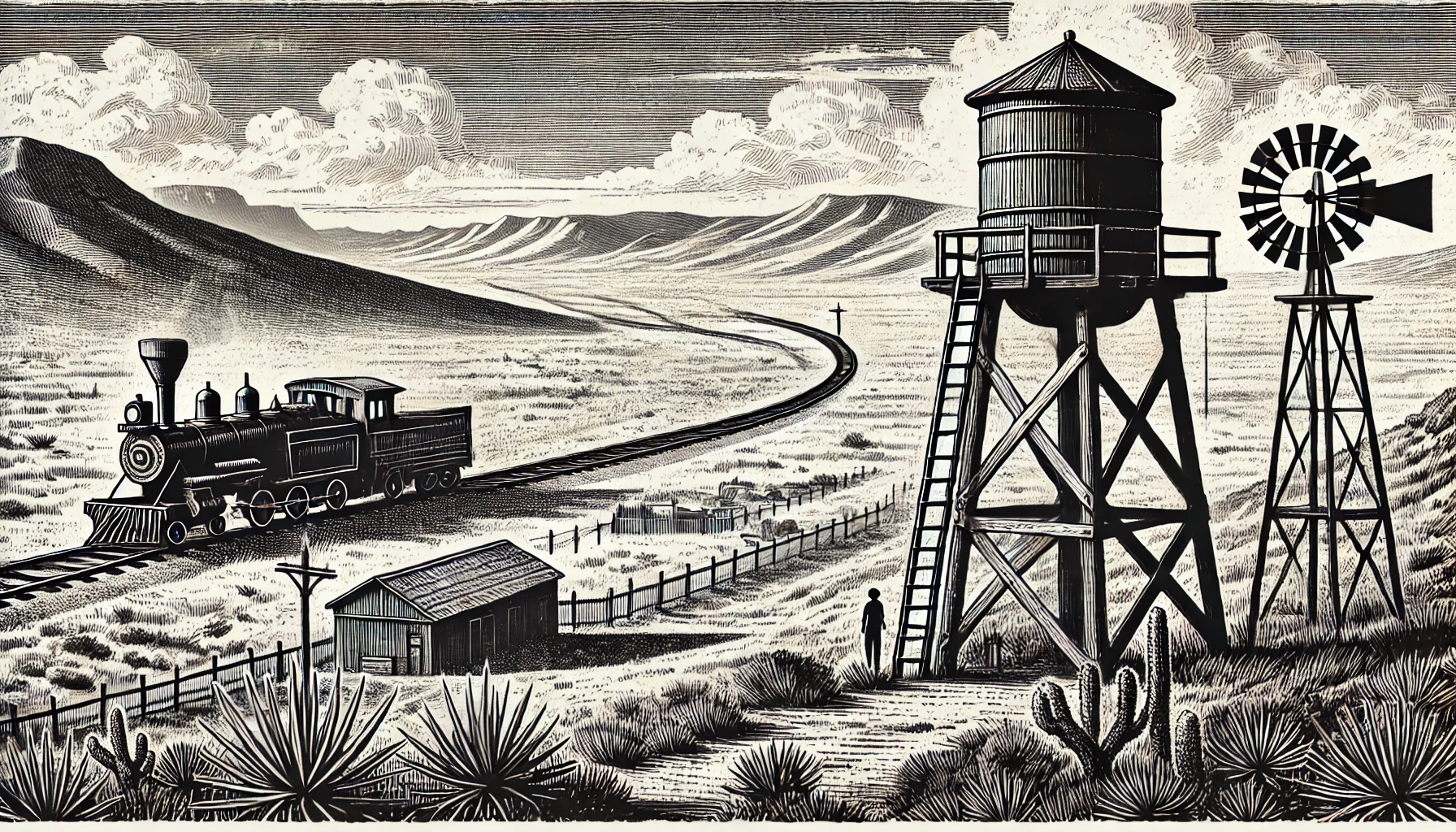Traveling Through Nebraska: Lake Ogallala Conservation Forum

The Lake Ogallala Conservation Forum is a significant gathering of environmentalists, researchers, and stakeholders focused on conserving the Ogallala Aquifer, a vital water source in the Great Plains region of the United States. The forum, typically held near Kearney, Nebraska, brings together experts to share knowledge and discuss Strategies for preserving the Ogallala Aquifer and Lake Ogallala, a prominent reservoir in western Nebraska.
These events have been instrumental in addressing pressing environmental concerns, such as water scarcity, soil degradation, and the impact of climate change on regional ecosystems. Attendees often include representatives from institutions such as the University of Nebraska-Lincoln, the Nebraska Department of Natural Resources, and the U.S. Geological Survey. These organizations provide valuable insights into the complex relationships between human activities and environmental dynamics.
The Lake Ogallala Conservation Forum fosters collaboration among stakeholders to develop practical solutions for sustainable water management. For instance, in 2018, the Platte River Recovery Implementation Program was launched to restore and conserve habitats along the Platte River, which feeds into the Ogallala Aquifer. By implementing measures to reduce sedimentation and restore riparian ecosystems, this initiative aims to enhance the long-term health of the aquifer. These efforts are in line with the Nebraska Natural Legacy Project's goals to protect and conserve Nebraska's unique and fragile ecosystems.
In-depth discussions at the forum often touch on real-world examples of successful conservation projects, such as the Sandhills Task Force, which brings together local landowners, researchers, and government agencies to promote sustainable land management practices and ecosystem restoration. Furthermore, presentations on the High Plains Water District's groundwater monitoring programs have provided valuable information on the current state of the Ogallala Aquifer, as well as strategies for optimization of groundwater resources in agricultural settings.
Discussions at the Lake Ogallala Conservation Forum frequently revolve around integrative approaches to addressing the region's water management challenges. An illustrative example of this collaborative approach is the Cooperative Conservation Partnership, in which state and federal agencies, along with local stakeholders, work together to implement water-saving technologies and practices in irrigation and rural development.
Throughout its duration, the Lake Ogallala Conservation Forum has drawn numerous professionals, scientists, and community members who share an interest in the long-term preservation of the Ogallala Aquifer and surrounding ecosystems. With a collaborative spirit and scientific knowledge, this annual gathering represents a crucial step forward in promoting the sustainability of water resources and environmental vitality in western Nebraska.
The frequency and success of the Lake Ogallala Conservation Forum underscore the complexity of regional water management issues. This annual meeting has proven instrumental in stimulating in-depth discussions and forging meaningful partnerships among diverse stakeholders. As the Great Plains region continues to confront the consequences of climate change, growing populations, and over-extraction of groundwater, this forum serves as an essential platform for formulating solutions that balance human needs with environmental priorities.
In closing, the Lake Ogallala Conservation Forum embodies the call for collaboration, scientific investigation, and sustainable resource management to address pressing water conservation and management challenges in Nebraska's delicate ecosystems.
These events have been instrumental in addressing pressing environmental concerns, such as water scarcity, soil degradation, and the impact of climate change on regional ecosystems. Attendees often include representatives from institutions such as the University of Nebraska-Lincoln, the Nebraska Department of Natural Resources, and the U.S. Geological Survey. These organizations provide valuable insights into the complex relationships between human activities and environmental dynamics.
The Lake Ogallala Conservation Forum fosters collaboration among stakeholders to develop practical solutions for sustainable water management. For instance, in 2018, the Platte River Recovery Implementation Program was launched to restore and conserve habitats along the Platte River, which feeds into the Ogallala Aquifer. By implementing measures to reduce sedimentation and restore riparian ecosystems, this initiative aims to enhance the long-term health of the aquifer. These efforts are in line with the Nebraska Natural Legacy Project's goals to protect and conserve Nebraska's unique and fragile ecosystems.
In-depth discussions at the forum often touch on real-world examples of successful conservation projects, such as the Sandhills Task Force, which brings together local landowners, researchers, and government agencies to promote sustainable land management practices and ecosystem restoration. Furthermore, presentations on the High Plains Water District's groundwater monitoring programs have provided valuable information on the current state of the Ogallala Aquifer, as well as strategies for optimization of groundwater resources in agricultural settings.
Discussions at the Lake Ogallala Conservation Forum frequently revolve around integrative approaches to addressing the region's water management challenges. An illustrative example of this collaborative approach is the Cooperative Conservation Partnership, in which state and federal agencies, along with local stakeholders, work together to implement water-saving technologies and practices in irrigation and rural development.
Throughout its duration, the Lake Ogallala Conservation Forum has drawn numerous professionals, scientists, and community members who share an interest in the long-term preservation of the Ogallala Aquifer and surrounding ecosystems. With a collaborative spirit and scientific knowledge, this annual gathering represents a crucial step forward in promoting the sustainability of water resources and environmental vitality in western Nebraska.
The frequency and success of the Lake Ogallala Conservation Forum underscore the complexity of regional water management issues. This annual meeting has proven instrumental in stimulating in-depth discussions and forging meaningful partnerships among diverse stakeholders. As the Great Plains region continues to confront the consequences of climate change, growing populations, and over-extraction of groundwater, this forum serves as an essential platform for formulating solutions that balance human needs with environmental priorities.
In closing, the Lake Ogallala Conservation Forum embodies the call for collaboration, scientific investigation, and sustainable resource management to address pressing water conservation and management challenges in Nebraska's delicate ecosystems.
